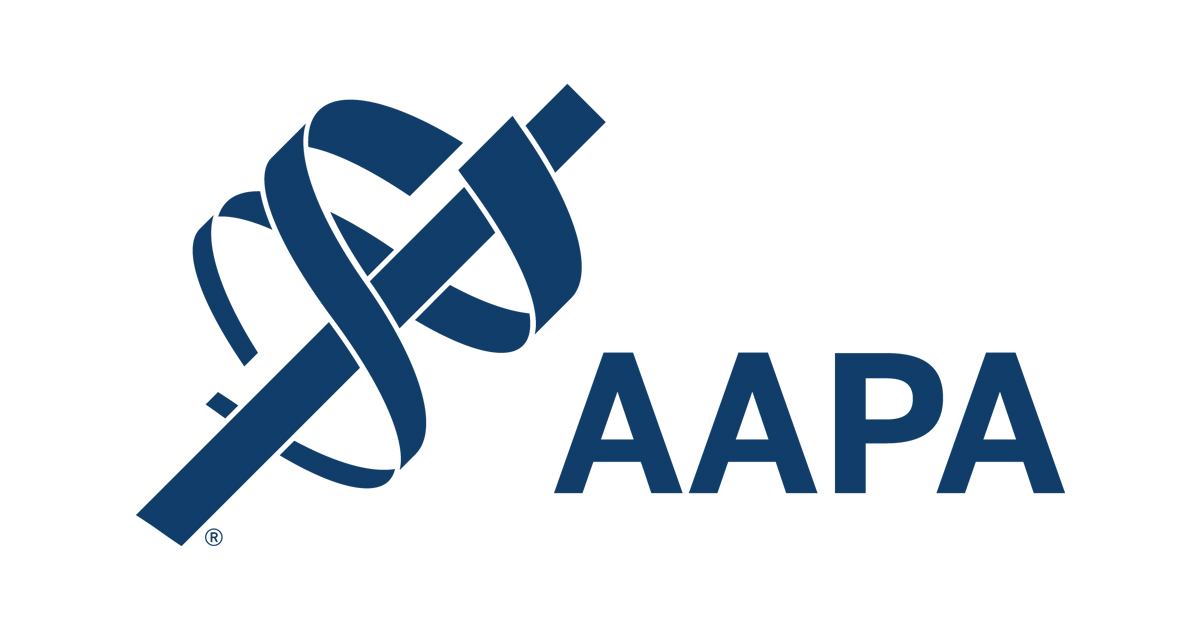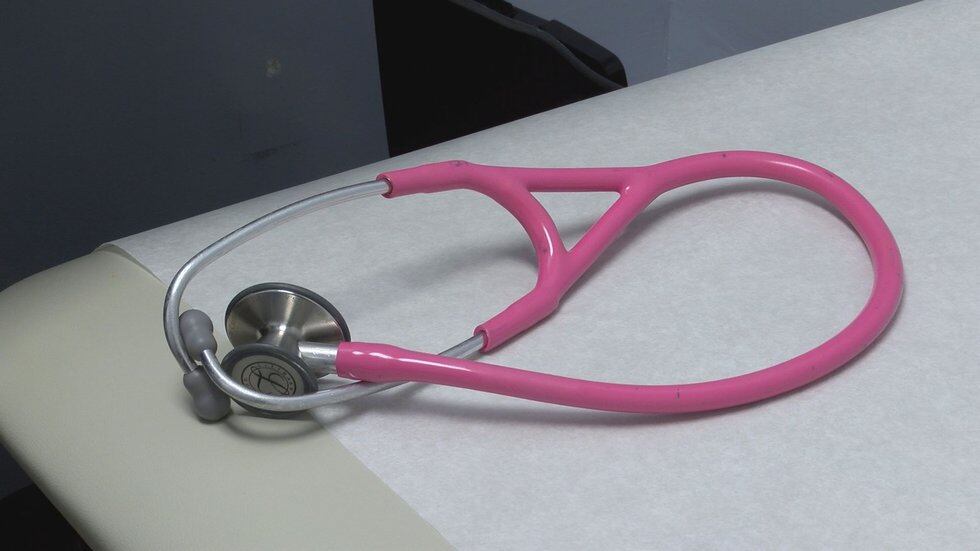The folks you are hearing from are more on the mark than the folks pushing for any name change. They just screwed themselves by making that move… they certainly didn’t advance the profession. If I was the kind of NP that would have to compete with PAs, I couldn’t be happier that they marginalized themselves by doing that. And at the worst time. At best, opposition to them was neutral. PAs were there. They were benign. They operated off of anyone’s radar. Now this puts them on the front line, and will be an elephant in the room, when all they needed was to lay low and move OTP through.
OTP needs wide acceptance to make it work, or else the PA landscape is fractured, and it’s fractured at a weak spot. Keep in mind that in no place are PAs as independent as what NPs have achieved in around half of all states. All this does is guarantee that progress stops at OTP. That is no longer the springboard to independence, but the end of the line. They push this, and the target is on their back.
Should anyone expect this to alter the typical day to day? Probably not. But on the broader landscape, it means if there are areas where physicians are wary, they are going to be more wary. If NPs are wary, they will be more wary, and have common cause with physicians to resist hiring PAs. It’s a move that needed to wait until PAs were sting, and it came through at perhaps one of their weakest times. Desperation drove the herd off the cliff.
I’m already seeing wages tank. A surgeon told a friend of mine that PAs would be working for $75k in 10 years. It’s been about 7 or 8 years since that was uttered, and the numbers I’m seeing thrown around are right around there for new grads when you account for inflation. My NP friends as new grads are out there competing for the same jobs, but have low or no debt, and work making $100,000 right now with all the opportunities and overtime. They have time to wait for the right job and network appropriately. They have friends out there helping them look for openings. I have a PA friend that is choosing between two offers after looking for months, and the highest one isn’t even over $85k. The one with benefits isn’t even $80k! By all means, pick right now to kick the hornets nest.
Nonphysician provider, midlevel provider, whatever you want to call us, is no longer the gold rush. This is the point where California has run out of the gold. Nursing is now no longer the means to an end to get someone into big money by leapfrogging into an NP gig. It’s not a bad move as far as pure stability, though.

 www.aapa.org
www.aapa.org



